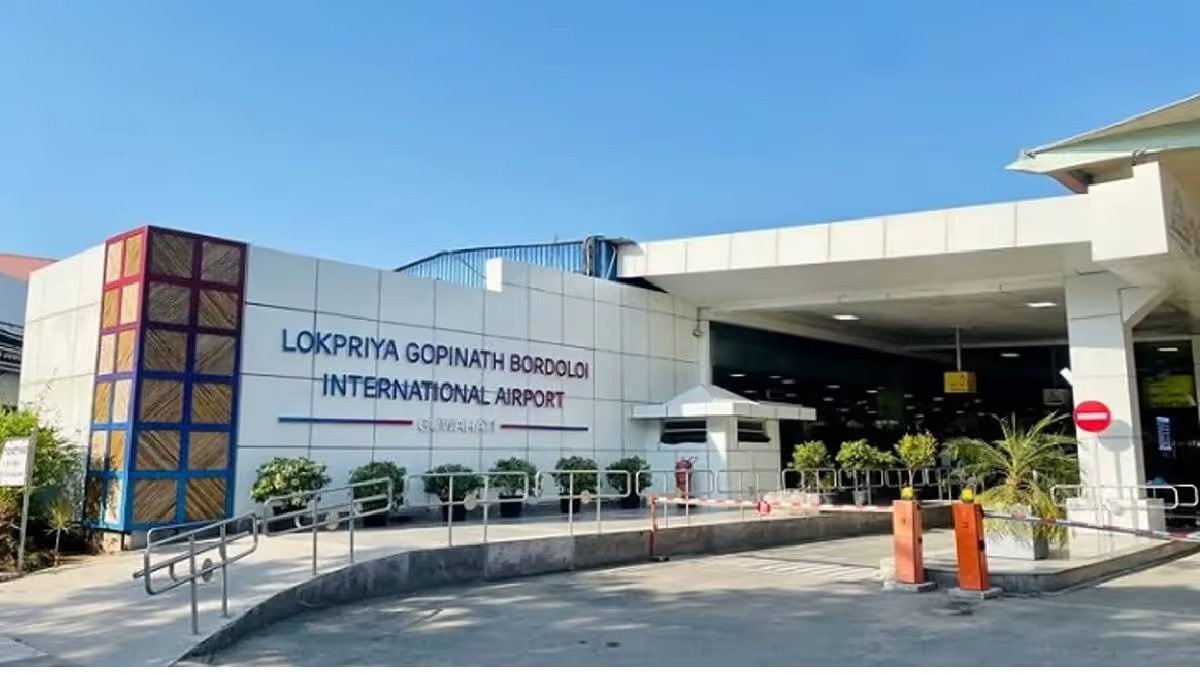HT Digital
Saturday, October 26: The Regional Meteorological Centre (RMC) in Guwahati hosted a significant workshop titled “Stakeholders Workshop on Aviation Weather Services” on October 25 at the Guwahati Airport. This event brought together various stakeholders from the aviation sector, including representatives from GMR Airports Infrastructure Limited (GIAL), the Indian Air Force, Airports Authority of India (AAI), Civil Aviation Department (CAD), Bureau of Civil Aviation Security (BCAS), and multiple airlines.
The workshop commenced with a warm welcome from K.N. Mohan, Scientist-G and Head of the Regional Meteorological Centre, who emphasized the importance of collaboration among stakeholders to enhance aviation weather services. He underscored that sharing knowledge and expertise is essential for improving the accuracy and effectiveness of weather-related information that is crucial for aviation operations.
The chief guest for the event, M. Raja Kishore, Regional Executive Director of North Eastern Region at AAI, addressed the attendees, highlighting the critical role that meteorological services play in the aviation industry. He elaborated on how these services are not only vital for flight safety and planning but also for various other sectors of life, reinforcing the interconnectedness of weather data and operational efficiency.
Srinivasan Gangadharan, Head of Aero Operations at GIAL, was the guest of honor at the workshop. He shared his insights and experiences regarding the significance of aviation meteorology in flight planning and operations. His input was valuable, as it provided a real-world perspective on how accurate weather forecasts can influence the safety and timeliness of flights.
During the technical session, senior scientists from the India Meteorological Department (IMD) presented detailed explanations of the aviation services provided by the IMD. Among them were Vivek Sinha, Sunil G. Kamble, Suresh Ram, and Gajendra Kumar, who delved into various aspects of meteorological services relevant to aviation. Their discussions included information on how these services can be improved and adapted to meet the growing needs of the aviation industry.
K.N. Mohan also spoke about the unique weather challenges faced by Northeast India, which can significantly impact flight operations. He highlighted specific adverse weather conditions typical to the region, such as heavy rainfall and fog, which can disrupt air travel. The need for accurate, timely weather information in this context cannot be overstated, as it directly correlates with the safety of passengers and the efficiency of air travel.
Adding to the collaborative spirit of the workshop, Tana Tage, Director of the Centre for Earth Sciences and Himalayan Studies, Government of Arunachal Pradesh, discussed the ongoing collaborative efforts between the IMD and the Government of Arunachal Pradesh. He emphasized the importance of working together to address regional weather challenges and enhance the capabilities of weather forecasting services.
The workshop concluded on a hopeful note, with participants expressing their commitment to strengthening partnerships to ensure that aviation weather services are of the highest quality. Stakeholders acknowledged the necessity of continuous improvement and adaptation of these services to meet the evolving demands of the aviation industry, especially in the context of the unique weather patterns prevalent in Northeast India.
This workshop served as a crucial platform for dialogue among stakeholders, fostering an environment of cooperation aimed at enhancing aviation safety and efficiency through improved weather services. The insights gained and partnerships formed during this event are expected to have a lasting impact on the aviation sector in the region.







